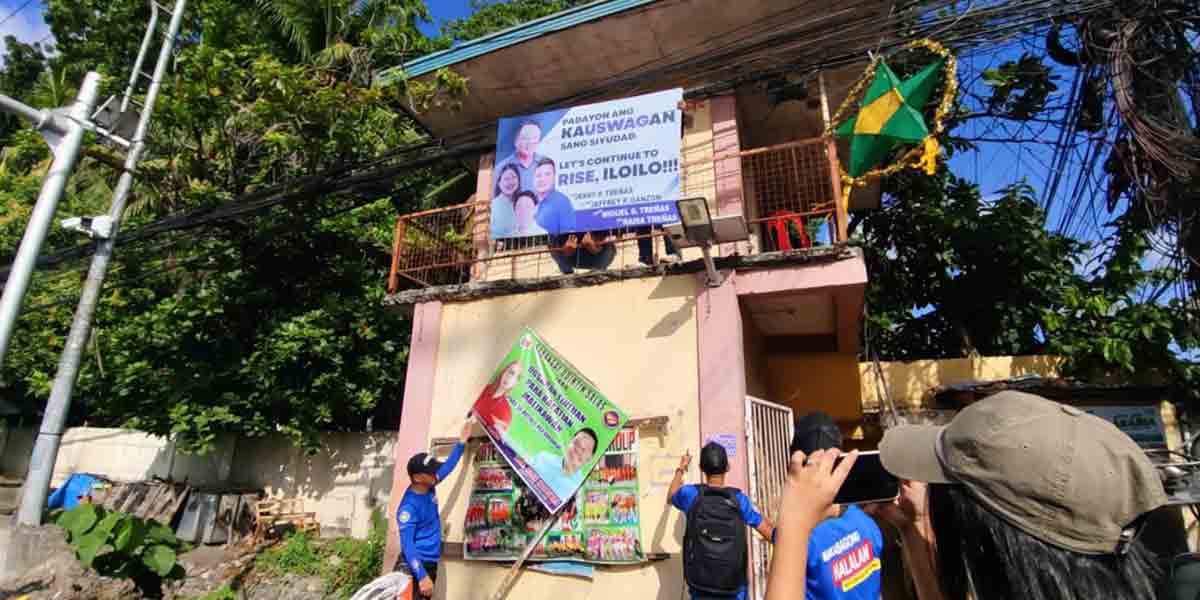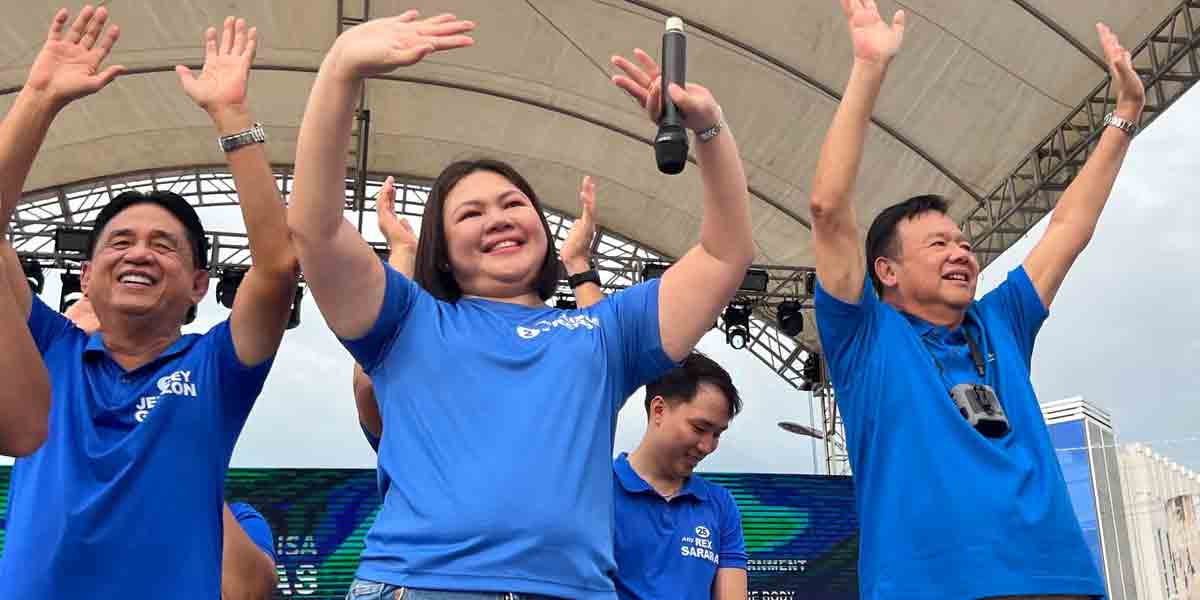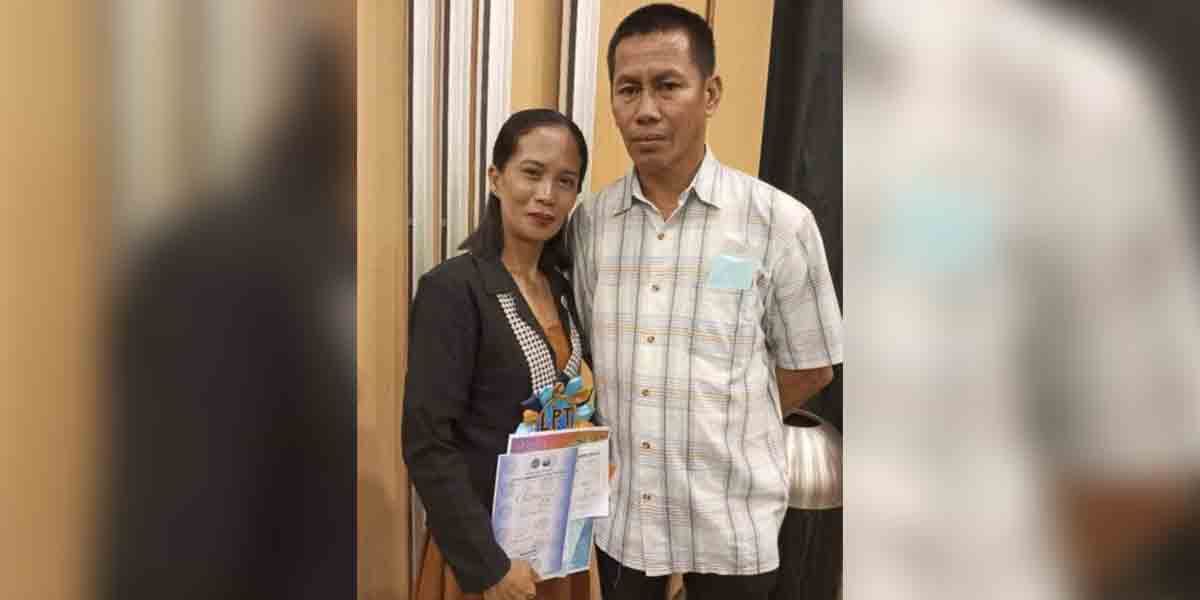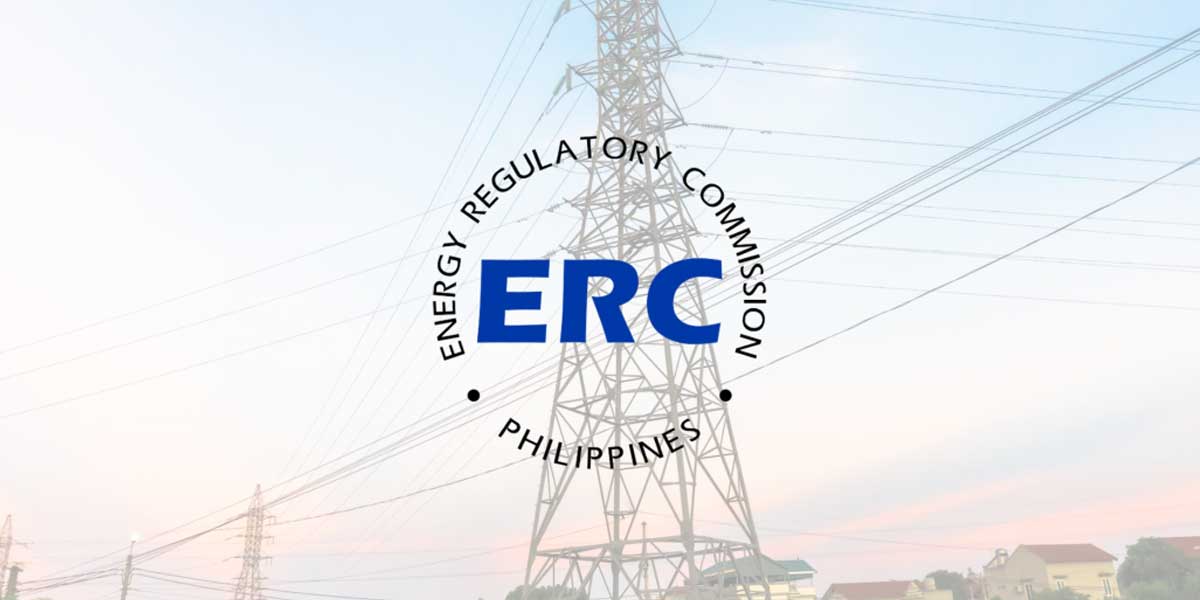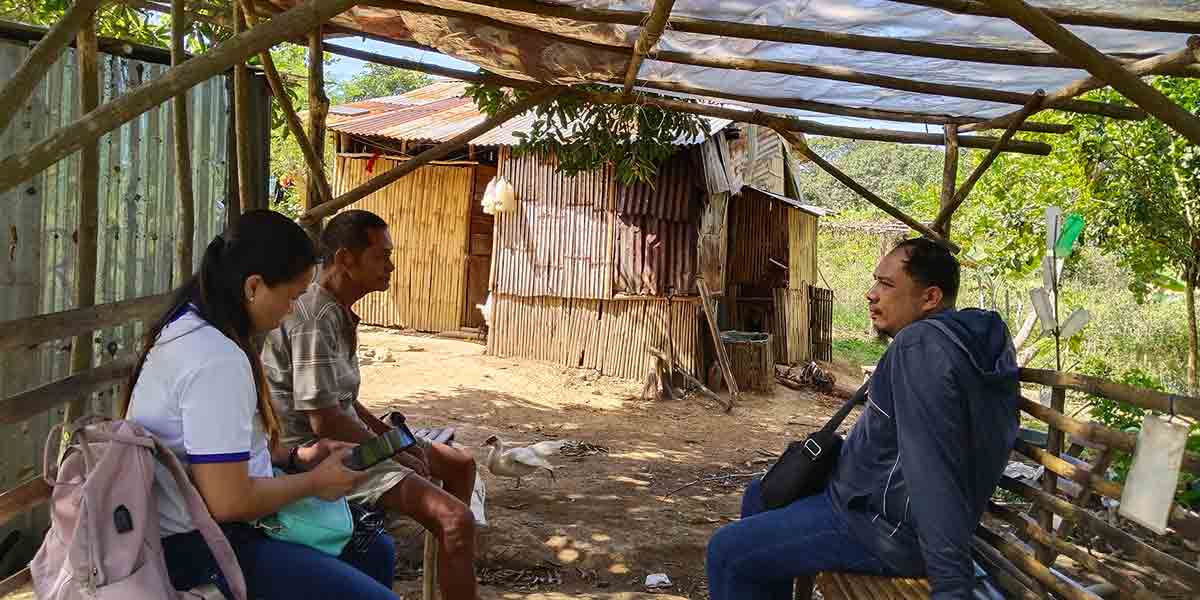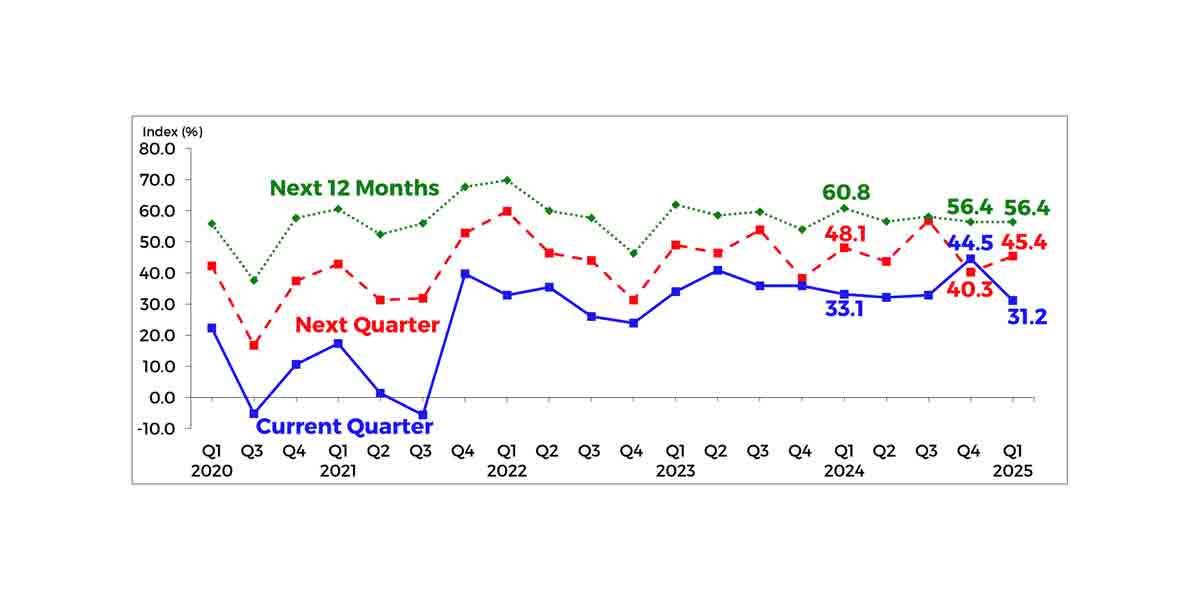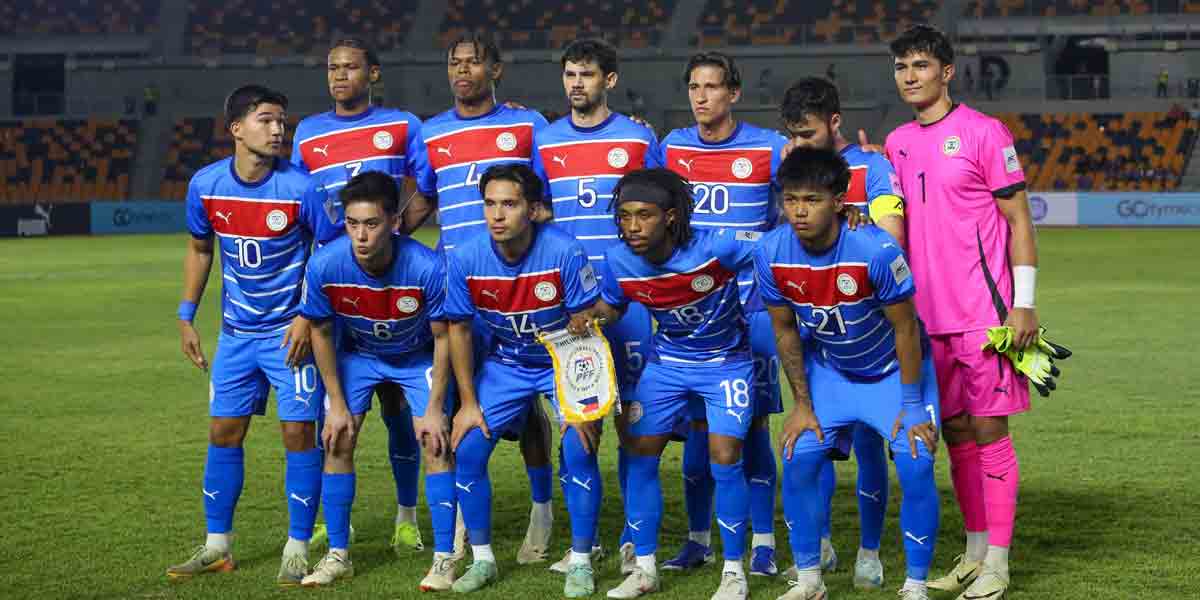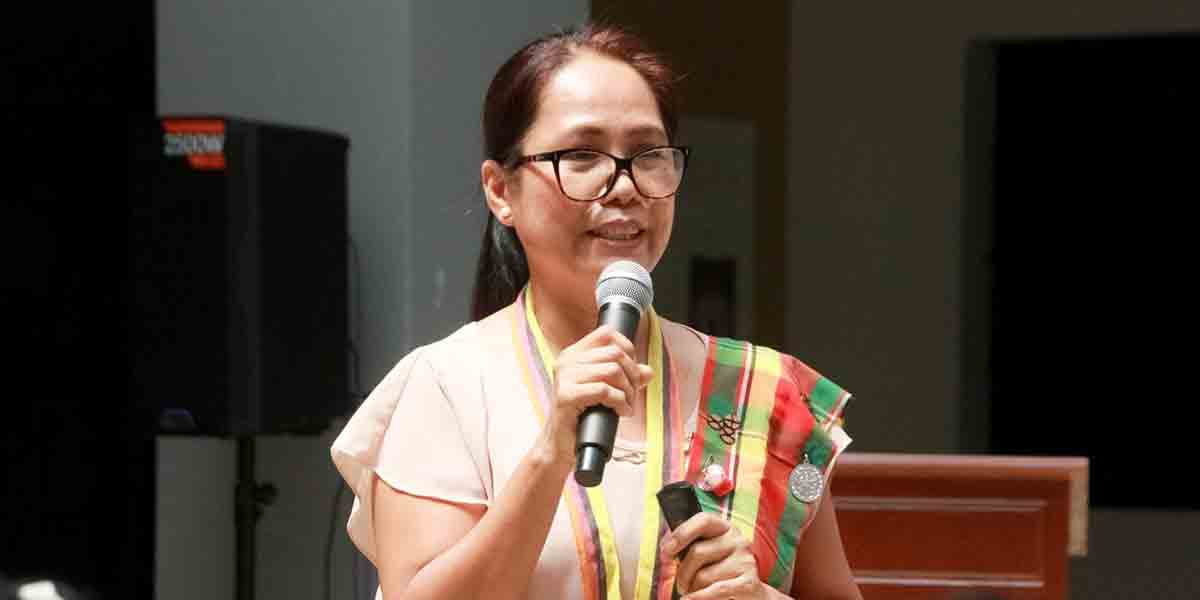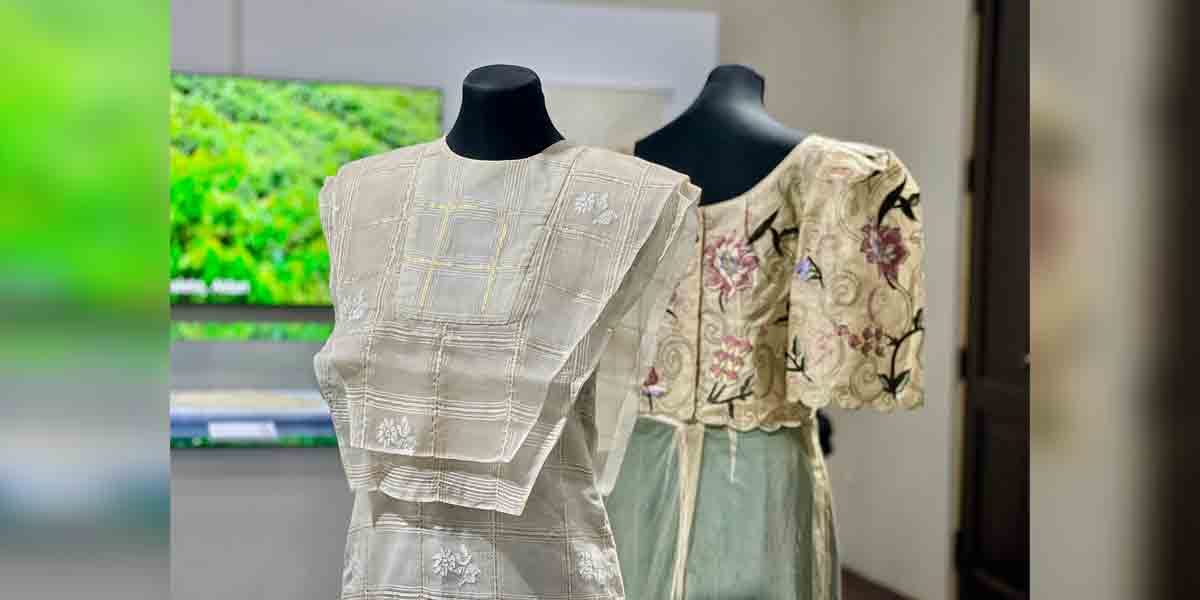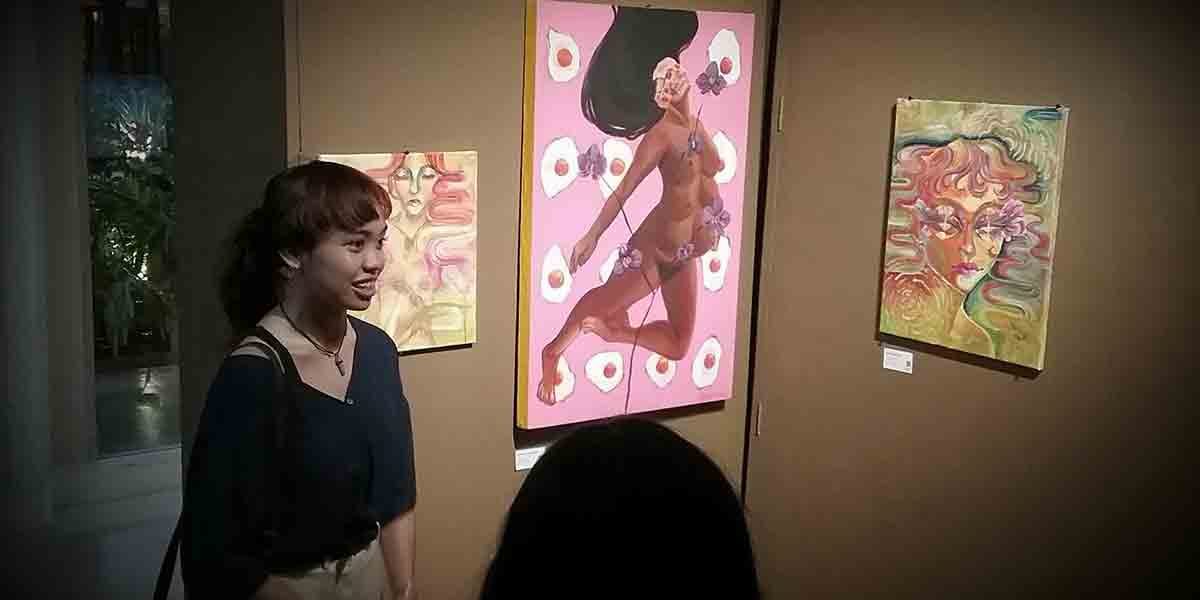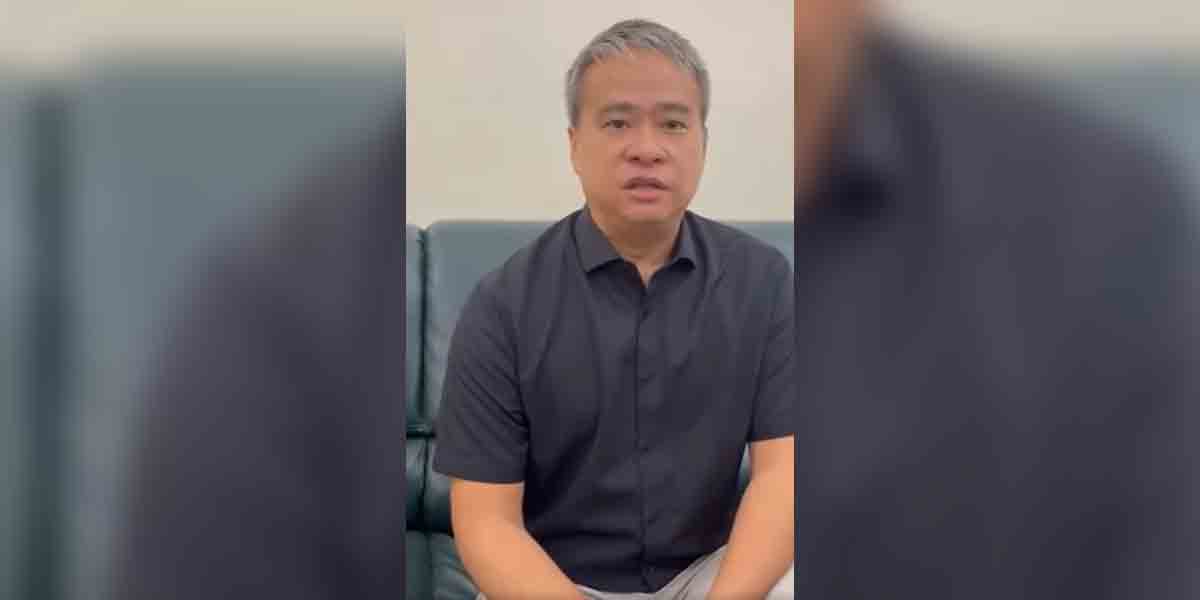By Atty. Josiah David Quising, J.D.
“Allowing citizens to air grievances and speak constructive criticisms against their government contributes to every society’s goal for development.” (Diocese of Bacolod v. COMELEC, G.R. No. 205728).
Iloilo City’s Executive Order (E.O.) No. 167 series of 2024 is invalid on three grounds: (1) it unduly curtails the right of every Filipino to free speech and to peaceful assembly; (2) it is vague and overbreadth; and (3) it violates the principle of separation of powers.
The EO violates the freedom of speech.
Section 1(a) of E.O. No. 167 states that “The Iloilo City Police Office is hereby directed to ensure implementations of the following measures: (a) To prohibit the display of any and all political slogans or propaganda materials and anti-government slogans in any form”.
This constitutes what is called “prior restraint” or restrictions forms of expression in advance of actual publication. The Supreme Court in Chaves v. Gonzales (2008) has clarified that while the prohibition on prior restraint is not absolute, it is only allowed on “content-neutral” regulations, or those that only control the time, place, or manner of speech. “Content-based” restrictions, however, is unconstitutional. These are restrictions that control exactly what people say and can only be allowed on the strictest standard of scrutiny – when there is a clear and present danger.
Thus, prohibiting the display of “any and all political slogans…” is a content-based restriction and therefore unconstitutional. As early as 1923, in People v. Perez (45 Phil. 599), the Supreme Court has held that “criticisms, no matter how severe … [are] within the range of the liberty of speech.” In fact, protests have been described by the Court as essential to societal development (Diocese of Bacolod v. COMELEC).
EO 167 therefore cannot prohibit what people would say (or in this case, “display”) during Dinagyang. Besides, what exactly are “political slogans” or “anti-government slogans”? This brings us to our second point.
The EO is vague and overbreadth.
According to the Supreme Court, a law, or in this case, an executive order, is unconstitutional if it is either vague or overbreadth. A law is “vague” when it lacks clear standards, forcing individuals to guess its meaning and application. Meanwhile, “overbreadth” means a law is so broadly written that it deters or restricts constitutionally protected freedoms, such as free speech.
So, we ask again – what exactly are “political slogans” and “anti-government slogans”?
No law defines what “political slogans” are. Even the questioned EO 167 itself is silent on this. Perhaps the closest would be when the Supreme Court in Biraogo v. Philippine Truth Commission called former President Noynoy Aquino’s “kung walang corrupt, walang mahirap” tagline as a “political slogan”.
So, does “political slogans” under EO 167 refer only to election-related paraphernalia meant for campaign? Perhaps not because Section 1(b) specifically addresses election-related materials. So, what exactly does political slogans refer to?
The same problem arises from the term “anti-government slogans”. What are “anti-government slogans”? In a string of cases, the Supreme Court has used the phrase “anti-government slogans” to refer to those that incite violence, rebellion, or sedition. A recent example of these statements would be when a certain former President advocated for people to kill others or when he has called on the secession of Mindanao.
So, does EO 167 only prohibit campaign related slogans and violent or rebellious speeches? If activists carry peaceful calls such as those for fair wages and low prices, should they be allowed to do so under EO 167? Without clear and specific terms, EO 167 is therefore invalid for being vague and overbreadth. This then brings us to the third point.
EO 167 functions like a legislation, which it is not.
As the local chief executive, mayors can only create executive orders that implement the law. What law prohibits the display of political slogans? If a person wears a statement shirt with a political message, does that constitute as “displaying” and will he then be arrested?
Even BP 880, the law that regulates public assemblies, do not prohibit the display of political slogans. In fact – it states that no permit shall be required if the public assembly is done inside a freedom park. EO 167 however outrightly prohibits the display of political slogans in the city during the Dinagyang Celebration in Iloilo City. Unfortunately for the Iloilo City Mayor, it is not up to him to prohibit what is generally allowed by law and the Constitution.
No law also allows the mayor to restrict or prohibit public assemblies prior to the application of a permit. He does not have the power to preemptively prohibit “displays” of slogans or propaganda ahead of an application and such can only be rejected if there is a clear and present danger (Section 6, BP 880). No law empowers the mayor to arbitrarily ban a particular kind of speech without supporting legislation.
In conclusion, Iloilo City’s E.O. No. 167 series of 2024 is an unfortunate overreach of executive authority, an unconstitutional infringement on fundamental freedoms, and a dangerous precedent that undermines the democratic principles enshrined in the Constitution the good mayor of Iloilo once fought for.
The author is affiliated with the Citizens Rights Watch Network.


